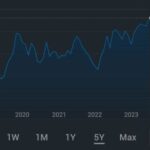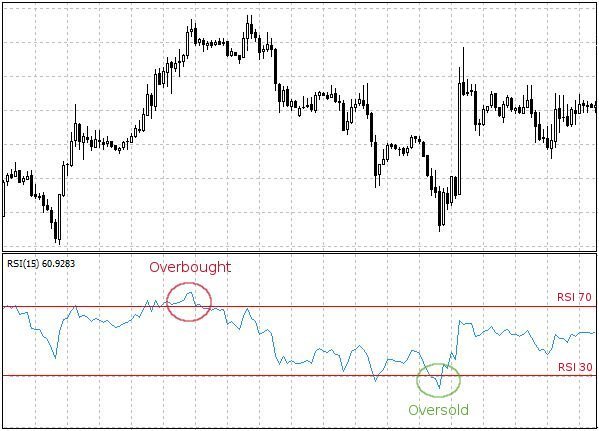Literature review on Stock Market Volatility
What is stock market volatility ?
Stock market volatility refers to the fluctuations in the prices of securities listed on a stock exchange. Volatility is a measure of the risk associated with investing in the stock market, as high volatility implies that the prices of securities are more prone to significant changes over a short period of time.
There is a large body of literature on stock market volatility, with researchers studying various aspects of this phenomenon such as :
- The factors that influence volatility
- The impact of volatility on different market participants, and
- The implications of volatility for financial stability.
Factors influencing stock market volatility :
- One key factor that has been identified as influencing stock market volatility is investor sentiment. When investors are optimistic about the prospects of the market, they are more likely to buy securities, which can drive up prices and lead to lower volatility.
- On the other hand, when investors are pessimistic about the market, they are more likely to sell their securities, which can drive down prices and increase volatility.
- Other factors that have been identified as influencing stock market volatility include economic indicators such as GDP growth, unemployment rates, and inflation, as well as political events and changes in monetary policy.

Impact of stock market volatility
The impact of stock market volatility on different market participants can also vary. For example, high volatility can be a source of risk for individual investors, as it increases the likelihood of significant losses on their investments. On the other hand, high volatility can also present opportunities for traders and investors who are able to effectively navigate the market conditions.
Implications of volatility for financial stability
Financial stability : There is also a debate in the literature about the implications of stock market volatility for financial stability. Some researchers argue that high volatility can contribute to financial instability, as it can lead to increased uncertainty and risk aversion among market participants, which can in turn lead to a reduction in economic activity. Others argue that volatility is a natural and inevitable part of the functioning of financial markets, and that it can actually serve a useful purpose by providing opportunities for risk-taking and price discovery.
Other factors having relationship with volatility
- The relationship between stock market volatility and financial market development: Some studies have found that as financial markets become more developed and mature, stock market volatility tends to decline. This could be because more developed markets tend to have more efficient price discovery mechanisms and a larger pool of informed investors, which can help to dampen volatility.
- The role of market microstructure: The design and functioning of financial market institutions and infrastructure, such as trading platforms, clearing and settlement systems, and regulatory frameworks, can also influence stock market volatility. For example, research has shown that the introduction of high-frequency trading algorithms and other technological innovations can lead to increased market liquidity and reduced volatility, while regulatory changes such as the imposition of trading bans or circuit breakers can have the opposite effect.
- The impact of stock market volatility on firm performance: Some studies have explored the relationship between stock market volatility and the performance of individual firms. It has been found that high volatility can lead to increased costs for firms, as it can increase the difficulty of accessing capital and make it more expensive to hedge against risk. On the other hand, firms that are able to effectively manage their exposure to market volatility can potentially benefit from it by taking advantage of pricing inefficiencies or making strategic investments.
- The use of volatility measures in financial decision-making: There are various statistical measures that are commonly used to quantify stock market volatility, such as the standard deviation of returns and the VIX index. These measures can be useful for investors and financial managers in assessing the risk associated with different investments or in making strategic decisions. However, it is important to keep in mind that these measures have limitations and are based on assumptions that may not always hold true in practice.
Conclusion : The literature on stock market volatility reflects the complexity and multifaceted nature of this phenomenon, and the ongoing debates about its causes and consequences.


Literature review on Stock Market Volatility
Also read : Tips for beginners to invest in stock market
Also read : Different types of securities for investment










